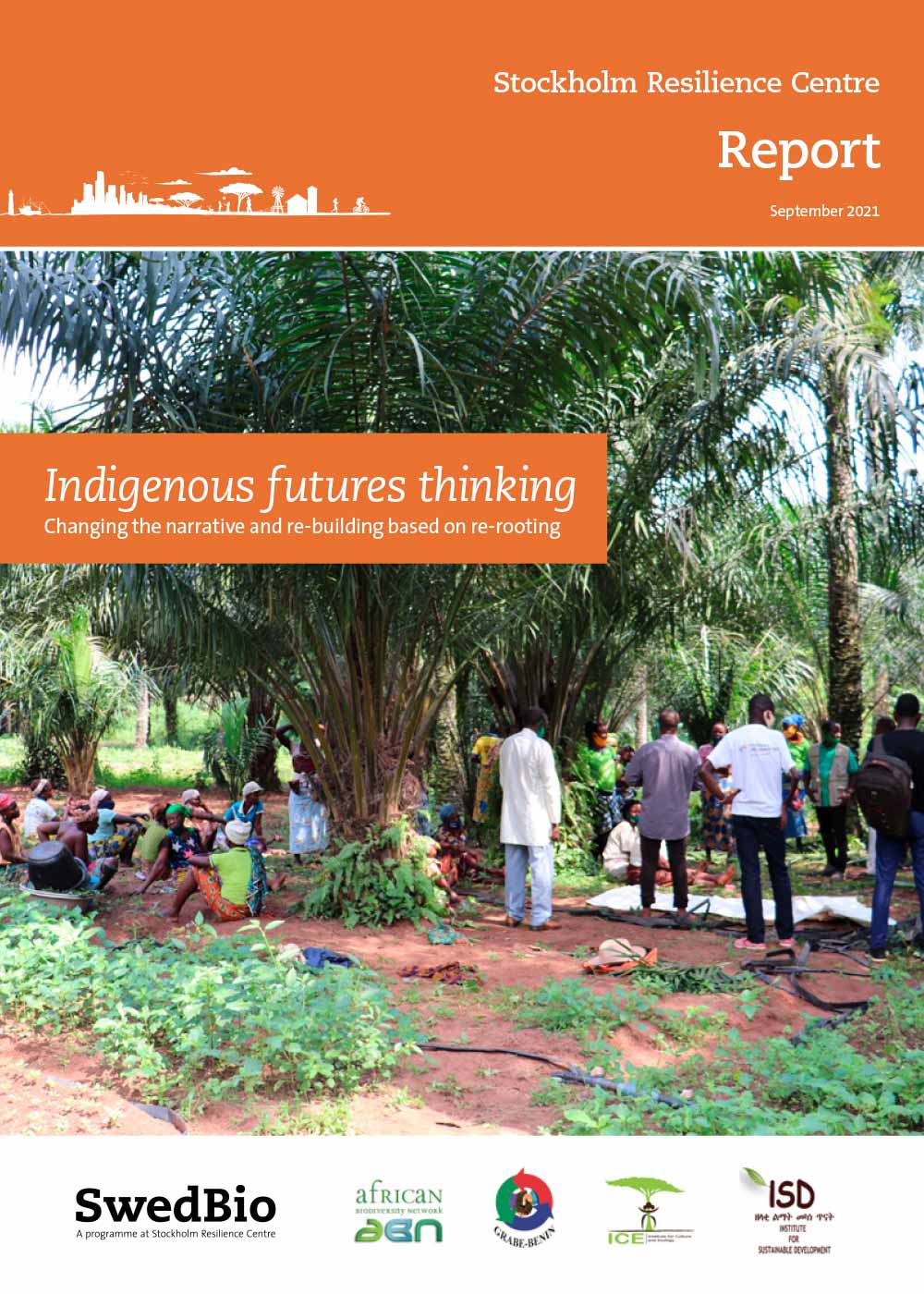 Story highlights
Story highlights
- Indigenous and local knowledge has critical contributions for sustainable futures for all on Earth.
- There is a call for consideration of Indigenous peoples and local communities’ perspectives and visions for the future in national, regional and international science-policy arenas.
- Indigenous peoples' and local communities' perspectives on a sustainable future and ‘futures thinking’ carry critical methods and insights for sustainability at local, national and global level.
UPDATE: Now available in English and French
‘Futures thinking’ is a powerful tool to better understand and deal with an uncertain future. It includes visioning, building scenarios and storytelling, among other things. However, Indigenous peoples and local communities’ futures thinking has been missing in national, regional and international science-policy arenas. On the global level, the Intergovernmental Platform on Biodiversity and Ecosystem Services (IPBES) is among those who are calling for a plurality of perspectives on pathways for sustainable futures. The connection of local and global scenario perspectives is a crucial step for creating spaces in the global science-policy arena, where Indigenous and local communities’ values, cultures and rights are included.
This report presents an exploration of Indigenous futures thinking, based on the African Biodiversity Network and partners’ own methods of community dialogues, eco-cultural mapping and calendars. This is a community-centered process to address challenges and develop visions for the future of the community based on their own knowledge and experiences. The report presents learning across communities in Benin, Kenya and Ethiopia, ABN and SwedBio and a process for connecting partners on-line as the Covid-19 pandemic made it impossible to meet in live settings.
Eco-cultural mapping and calendars connect the past, the present and the future. Based on their previous mapping, the communities discussed in a walking workshop what they wanted to keep (re-rooting), what needs to change, and innovations and pathways forward to realize change (re-building). At the core of the discussions was the revitalization of customary governance and the potential for strengthening customary law, conflict resolution mechanisms and ceremonies to address some of the challenges they are experiencing. The importance of different forms of agroecology practices, sacred natural sites, and community rituals were highlighted.
The futures thinking initiative, and this report, were a collaborative effort between the African Biodiversity Network (ABN) and its partner organisations Institute for Sustainable Development (ISD), Ethiopia; Institute for Culture and Ecology (ICE), Kenya; and Groupe De Recherche et d’Action pour le Bien-être au Bénin (GRABE-Benin), Benin, as well as SwedBio at Stockholm Resilience Centre.
Interested in reading further?
For more information about the African Biodiversity Network, visit their website. You can also read more about the community-led walking workshop with a particular focus on Boru Selassie on ABN’s website.
For more information on ABN partner organisations’ and their work, do consult their websites or social media pages: ICE, ISD and GRABE-Benin.
For more information on the Multiple Evidence Base approach (MEB), a method based on equity, reciprocity and usefulness for all involved, that contributes to upholding the integrity of Indigenous and local knowledge, do take a look at the SwedBio webpage.


 Indigenous futures thinking
Indigenous futures thinking Des Futurs autochtones
Des Futurs autochtones Maono ya kijadi juu ya siku za usoni
Maono ya kijadi juu ya siku za usoni Lou Darriet
Lou Darriet Pernilla Malmer
Pernilla Malmer